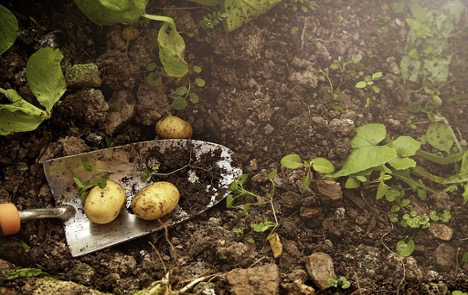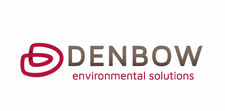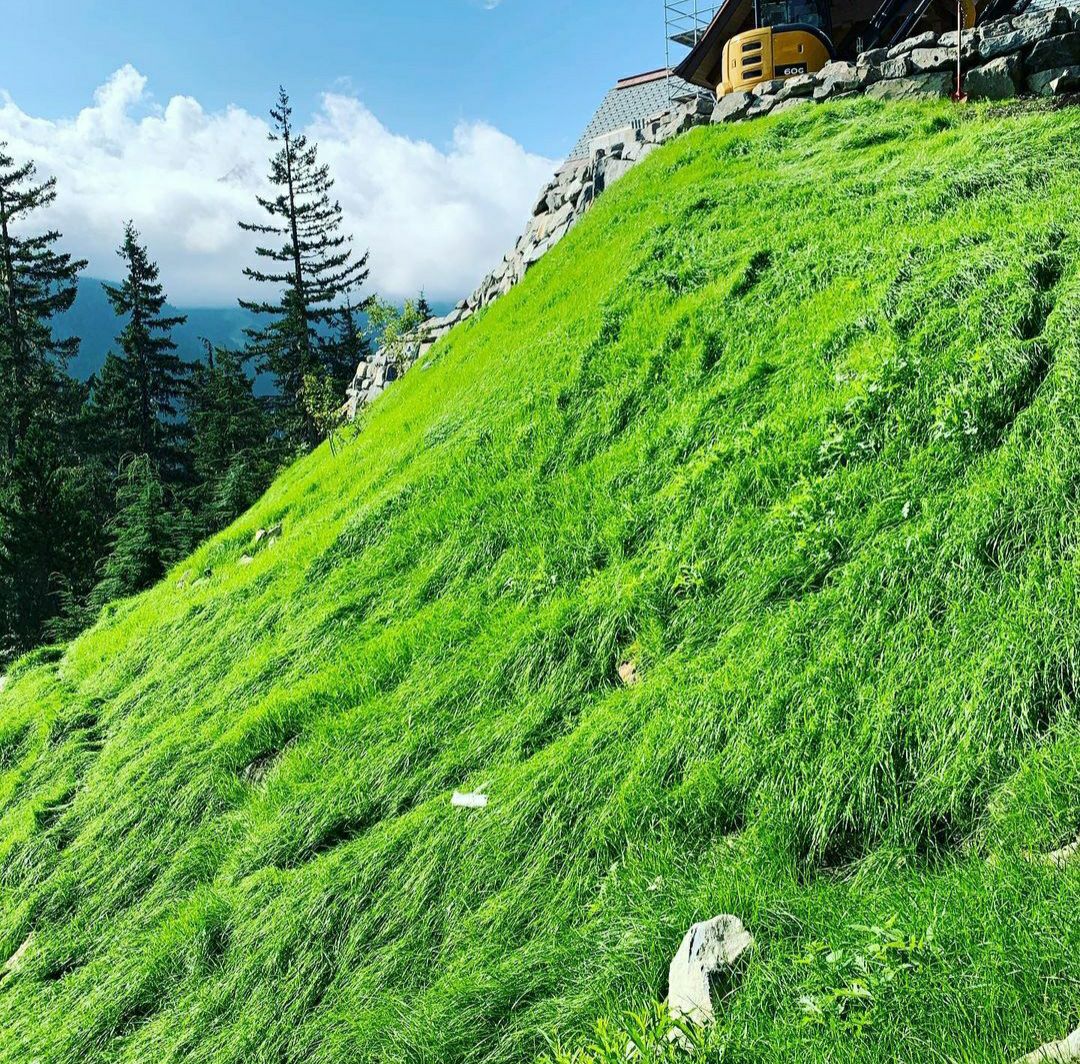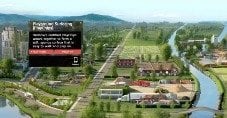
After deciding the landscape design for your yard, the next most challenging task is selecting the right soil type. If you are gardening for the first time, it may be surprising for you that all the soils are not of the same kind.
Soil is an essential component of your garden that provides nourishment to the plants. You won’t have blooming flowers in your yard if you use low-grade soil or the wrong type of soil. Before getting the soil for your plants, you must know your soil’s pH and what pH is required for your plants. You can adjust the soil by adding substances that increase or decrease its pH.
Outdoor plants and indoor plants require different types of soil. You can't use all of the potting soil in the garden or garden soil for the indoor plants because the garden plants have additional nutritional requirements than the plants grown in containers.
You may have heard of topsoil, potting soil, and garden soil. And like many others, you might have considered them the same. But they aren’t. They are all different and can’t be used interchangeably. For better plant growth, you must use the right type of soil. You can’t differentiate between the different types of soil if you don’t know much about them. We’ll discuss in this blog that how these soils contrast from one another.
What Is Garden Soil?
Garden soil is a top layer of topsoil containing a mixture of organic matter and compost aimed for the better growth of the plants. Or you can say it is the soil containing more essential nutrients that contribute to a plants' more robust growth.
Usually, garden soil is mixed with the native soil to provide better nourishment to the plants. The garden soil, because of the more compost, helps retain the water for a longer time.
Difference Between Topsoil And Garden Soil
Topsoil is the upper layer of the soil, usually unrefined and consists of clay, silt sand, and compost. Mostly it is not used directly for the plantation as it does not contribute to the plant growth. But if it is good grade topsoil, it can be used for plantation as well.
In contrast, garden soil is enriched with the nutrients required for plant growth. You can make the garden soil at home by yourself or purchase garden soil from the gardening stores. It contains all the necessary additional nutrients that you want in your soil. Garden soil is best suited for outdoor plants. Garden soil is not suitable for the indoor plant as they retain more water, and in the case of plant containers, there wouldn't be water drainage which ultimately leads to plant damage.
When To Use Garden Soil?
Garden soil is best suited for native outdoor plants. Usually, it is the sand, clay, or loam with some additional nutrients like organic matter and compost. Garden soil is generally mixed with the native soil in a fixed ratio which you can alter according to your plant need. Garden soil improves the soil texture and helps retain water for a longer time.
Sometimes garden soil is also mixed with other organic matter to make it richer in nutrients. This mixture of garden soil and the native soil allows healthier plant growth and facilitates the proper drainage of water.
People might get confused about when they should ideally use the garden soil. So, for that, we would recommend you always use garden soil if you want your plants to grow. You can also make a top layer with the garden soil.
Furthermore, when you need additional nutrients for your plants to grow and know that the native soil is not contributing to the plant growth. You should mix garden soil with native soil to give it a healthy texture.
Benefits Of Using Our Garden Soil
So, until now, you have read in detail about the difference between topsoil and garden soil. Now we will move forward and discuss some more benefits of using our garden soil for your plants. So let's check it out.
Improves The Soil Texture
Those who just started gardening can relate to how challenging it is to understand the soil’s nature and select the best soil for your plants. As there are different soil types, it is difficult for a new gardener to get the perfect soil for their garden.
Garden soil is ideal for the new gardeners, especially since they don't have to put extra effort into researching the best soil type. Mixing it with the native soil will improve your soil’s texture giving more promising results.
Contains Living Matter
Soil contains microorganisms that may or may not benefit the growth of plants. Usually, the soil contains microbes that often cause the rotting of plants. Garden soil after composting only contains those microbes that are beneficial for plant growth. They help the plant in taking up the nutrients and water from the soil.
Eco-friendly
Garden soil, along with its many other benefits, is environment-friendly. Unlike chemical fertilizers, it does not cause any harmful impact on the environment. Instead, it is prepared by green and organic waste to produce the best results. It leaves no residues, which is a positive impact on the environment.
Why Is Our Soil A Better Choice For Your Plants?
Garden soil must contain all the necessary nutrients required for better plant growth, and that's what we have in our soil. Our soil is made of clean green forest debris. We believe in delivering the best quality organic soil to our customers after processing it through various tests.
Now you don’t have to worry about finding the best quality soil for your plants. Our soil is enriched with all the essential nutrients for your plants’ growth. It’s easy to use and saves a lot of your time and energy, giving you healthier and fresh plants.



